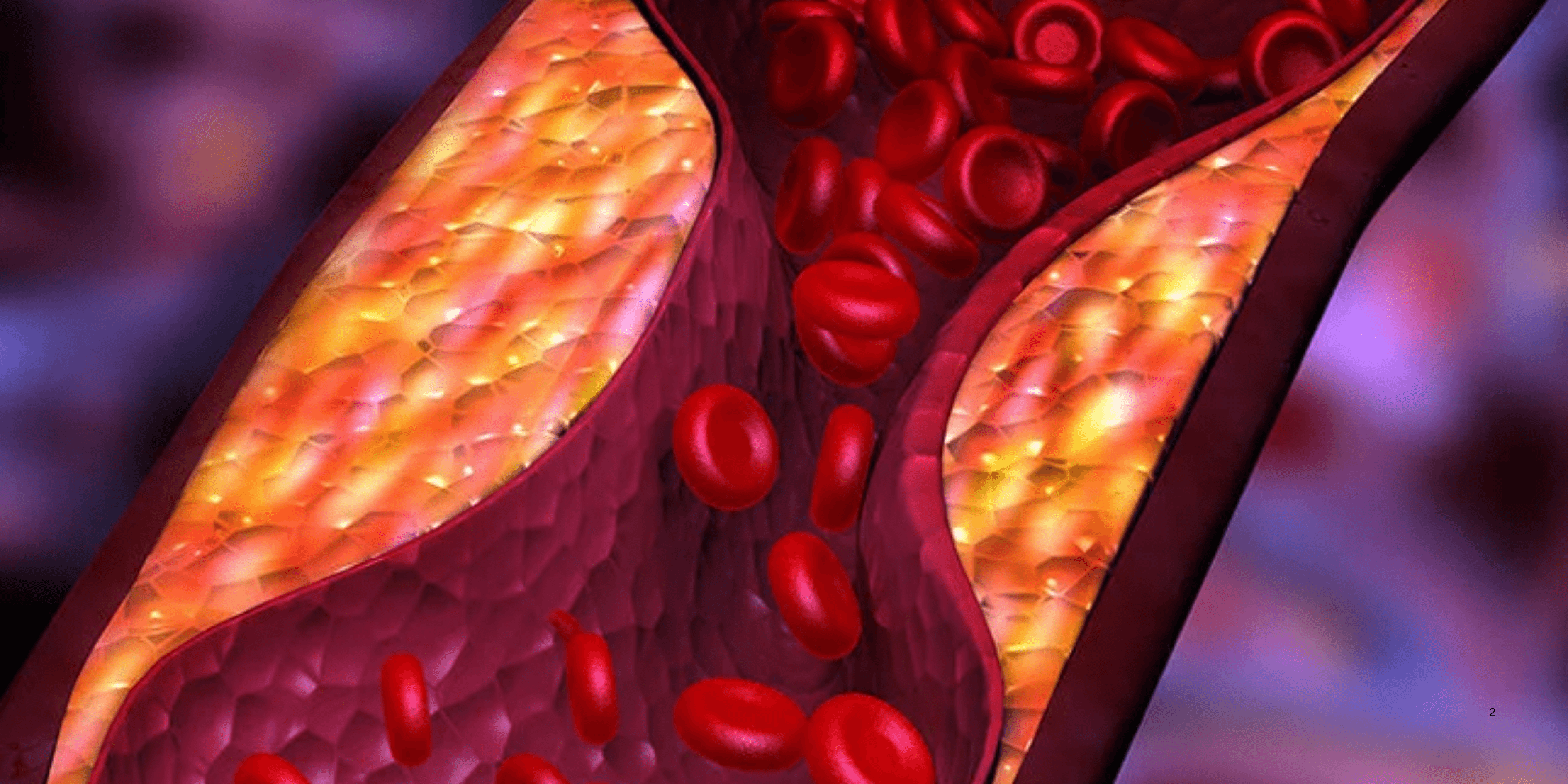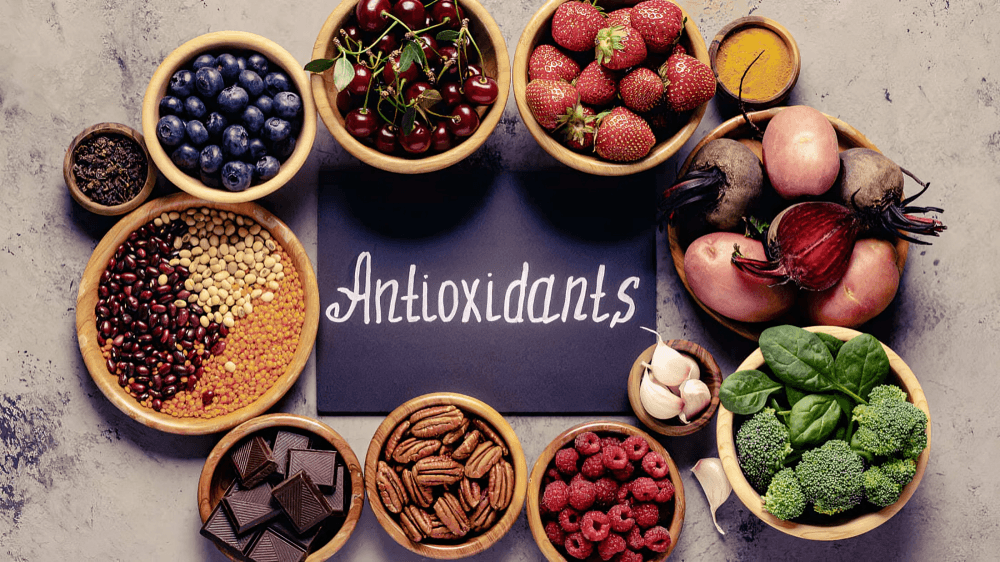
“
Taking precautions against atherosclerosis can dramatically reduce your risk of cardiovascular disease by combining a healthy diet, regular exercise, stress management, and medical monitoring. Understanding proven prevention strategies empowers long‑term heart protection.1
1
”
A wise physician noted that true prevention lies in daily choices, not drastic steps; steadily reducing saturated fat slows plaque buildup and supports healthier arteries for lasting well-being. 1
Eating fruits, vegetables, whole grains, and legumes supplies fiber, vitamins, and antioxidants that lower LDL cholesterol and protect blood vessels—key defenses against atherosclerosis. 2

Regular moderate aerobic exercise, such as brisk walking or cycling for at least thirty minutes most days, enhances HDL cholesterol, improves blood vessel function, and lowers systemic inflammation.
Minimizing trans and saturated fats by replacing butter, processed snacks, and fatty meats with olive oil, nuts, lean poultry, and fish supports arterial health and reduces plaque buildup.3
Choosing fatty fish like salmon, mackerel, or sardines supplies omega‑3 fatty acids that help lower triglycerides, stabilize arterial lining, and reduce inflammation. 4
Quitting smoking dramatically restores endothelial function, improves oxygen delivery, and halts accelerated plaque progression; risk drops significantly within just a few years of cessation. 5
Managing stress through mindfulness, meditation, or yoga reduces cortisol and inflammatory markers, preserving blood vessel health and mitigating risk factors associated with atherosclerosis. 6
Routine cholesterol checkups guide interventions; maintaining LDL below recommended levels and boosting HDL through lifestyle or statins supports long‑term cardiovascular health. 7
Adequate sleep—around seven to eight hours nightly—regulates blood pressure, supports glucose metabolism, and minimizes inflammation, contributing to healthier vascular function. 8

Drinking water throughout the day supports blood volume, aids circulation, and helps maintain healthy blood viscosity, indirectly supporting arterial flow and reducing risk.
Incorporating high‑intensity interval training (HIIT) once or twice weekly increases fitness, boosts HDL levels, and helps strengthen vascular responsiveness beyond moderate exercise alone. 9
Consuming nuts and seeds such as almonds, walnuts, flaxseed, and chia offers healthy fats, fiber, and plant sterols, supporting cholesterol reduction and vascular integrity. 10
Minimizing alcohol to moderate levels, such as one drink daily for women and two for men, balances potential HDL benefit without promoting hypertension or triglyceride elevation. 11
Adding soluble fiber from oats, barley, apples, and legumes binds cholesterol in the gut and aids its excretion, lowering blood cholesterol and reducing plaque risk. 12
Engaging in social connections and community fosters emotional resilience, reduces stress responses, and indirectly supports heart health through behavioral consistency. 13

Incorporating antioxidant‑rich foods like berries, leafy greens, and dark chocolate protects blood vessels from oxidative stress, reducing inflammation and plaque progression.
Periodic screening for diabetes, metabolic syndrome, and chronic kidney disease identifies risk early, enabling timely intervention before arterial damage escalates. 14
Avoiding sedentary behavior by standing, walking, or stretching every hour improves circulation, glucose metabolism, and vascular responsiveness—mitigating atherosclerotic risk over time. 15
Educating oneself about food labels, portion sizes, and meal planning empowers healthier choices, promoting long‑term adherence to a heart‑healthy lifestyle. 16
A philosopher‑doctor once reflected that preventive wisdom lies in mindful continuity; embracing consistent healthy habits cultivates arterial resilience, transforming small daily actions into profound heart protection. 17


